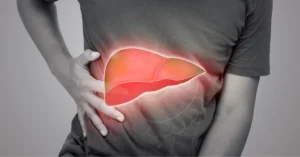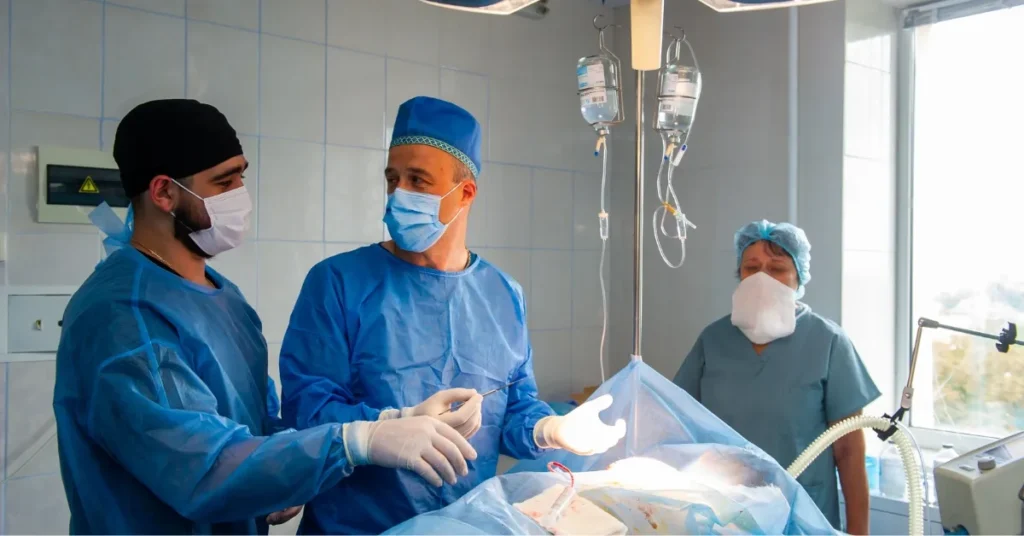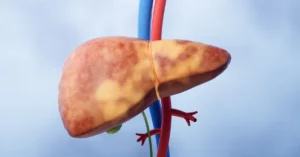
Fatty Liver Disease
Fatty liver disease, once a rare condition, has now become

Determining eligibility for a liver transplant is a critical first step in the liver transplant process. This comprehensive evaluation is designed to ensure that candidates are both physically and mentally prepared for the challenges ahead and will benefit most from the procedure. The criteria for liver transplant eligibility include:
Meeting these criteria is vital for proceeding with a liver transplant, as it maximizes the chances of a successful recovery and long-term health.
The medical assessment and testing phase is a crucial step in the liver transplant process in India, ensuring that patients are fully prepared for the surgery and identifying any potential risks. This comprehensive evaluation is vital for optimizing the outcomes of the liver transplant and includes the following key components:
These assessments are essential to identify any factors that could impact the success of the liver transplant and ensure that the patient is in the best possible condition for the procedure.
In the liver transplant process, psychological and social evaluation is crucial for determining a patient’s readiness for the procedure. This comprehensive assessment is essential to ensure that patients are mentally and emotionally prepared for the complex challenges associated with liver transplantation. The evaluation covers several key areas:
This thorough psychological and social evaluation assists the medical team in providing tailored support, ultimately enhancing the success of liver transplantation in India.
The process of donor matching and selection is critical to the success of a liver transplant, particularly in India, where rigorous guidelines are followed to ensure optimal outcomes. Here’s a detailed look at the key steps involved:
This meticulous donor matching process is designed to enhance the chances of a successful liver transplant, providing recipients with a renewed chance at life.
By adopting these lifestyle changes, you’re taking proactive steps toward a healthier future post-transplant.
In the liver transplant process, legal and ethical considerations play a crucial role in ensuring fairness, transparency, and patient safety. Understanding these aspects is vital for both patients and healthcare providers:
These considerations are essential in maintaining the highest standards of care and ethics in liver transplantation, ensuring that the process is conducted with the utmost respect for all participants.
In the liver transplant process, legal and ethical considerations play a crucial role in ensuring fairness, transparency, and patient safety. Understanding these aspects is vital for both patients and healthcare providers:
These considerations are essential in maintaining the highest standards of care and ethics in liver transplantation, ensuring that the process is conducted with the utmost respect for all participants.
Pre-transplant education and counseling are essential components in preparing patients for liver transplantation. This phase provides patients and their families with crucial information and support to navigate the complexities of the liver transplant process effectively. Here’s an expanded overview of what this entails:
This thorough approach ensures that patients are well-prepared both mentally and physically for their liver transplant, leading to better outcomes and a smoother transition to post-transplant life.
A liver transplant is a complex and demanding procedure, but with proper preparation, patients can significantly improve their chances of success. From eligibility evaluation to pre-transplant counseling, each step is designed to ensure the best possible outcome. If you or a loved one is considering a liver transplant, understanding this process is essential. By working closely with your liver transplant specialist and following their guidance, you can navigate the liver transplant process with confidence and hope.
Liver donors are matched based on blood type, tissue compatibility, and liver size. Geographic proximity and the urgency of the recipient’s condition also play a role in the matching process.
In India, body donation involves registering with a medical institution, providing consent, and following legal procedures. The process is voluntary and can greatly aid in medical education and research.
Eligibility is determined by the severity of liver disease, overall health, and the ability to adhere to post-transplant care. A comprehensive evaluation by a liver transplant specialist is required.
Patients should adopt a balanced diet, avoid alcohol and harmful substances, and engage in light physical activity. These changes help optimize health and prepare the body for the surgery.
Legal considerations include informed consent, proper documentation for organ donation, and adherence to ethical guidelines in organ allocation, ensuring fairness and transparency in the process.

Fatty liver disease, once a rare condition, has now become

Cirrhosis of the liver is a serious medical condition that




Undergoing a liver transplant is a monumental step in treating

A liver transplant is a crucial and intricate surgical procedure

Liver transplants in India have become a crucial procedure for

Liver transplant surgery is a vital procedure for individuals with severe liver disease, offering a chance for survival and improved quality of life. This complex operation involves replacing a diseased liver with a healthy one from a donor.

Undergoing a liver transplant is a monumental step in treating severe liver disease, but the journey to recovery continues well beyond the operating room. Post-surgical care is crucial for ensuring the success of the liver transplant and improving the patient’s overall health.

Liver transplant surgery is a critical procedure for patients with severe liver conditions. This blog explores the main indications for liver transplant surgery, including liver cirrhosis, acute liver failure, liver cancer, and metabolic liver diseases.